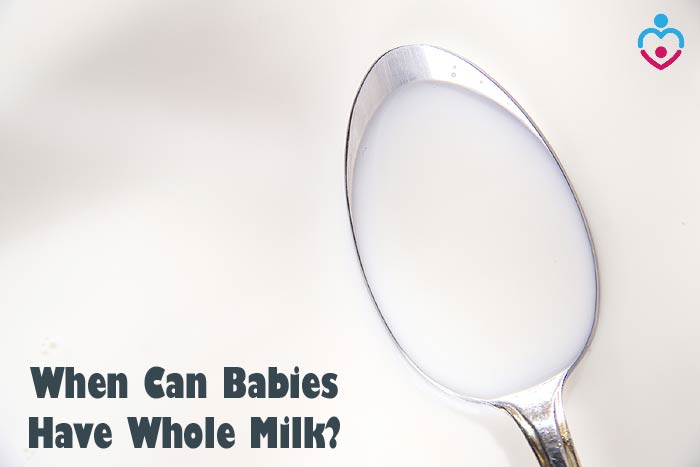
Whole milk can be a healthy alternative for babies who are past the breastfeeding phase. If you want to start introducing this type of milk in your baby's diet, you need to know that it is considered safe to do so under certain circumstances.
Introducing dairy products to your little one's meals can have advantages and disadvantages. But if you do it right, you will reduce and even eliminate the disadvantages altogether.
So, when can you start giving a baby regular milk? How to introduce cows milk to baby? Read on.
Jump to:
When can babies have whole milk?
The general rule says you should introduce dairy products to your baby's diet once they turned one year old.
So, after this age, you can give them more than the whole milk of different kinds. You will also have to consider your baby's allergies as well as a potential intolerance to cow milk protein or lactose.
When can babies drink almond milk?
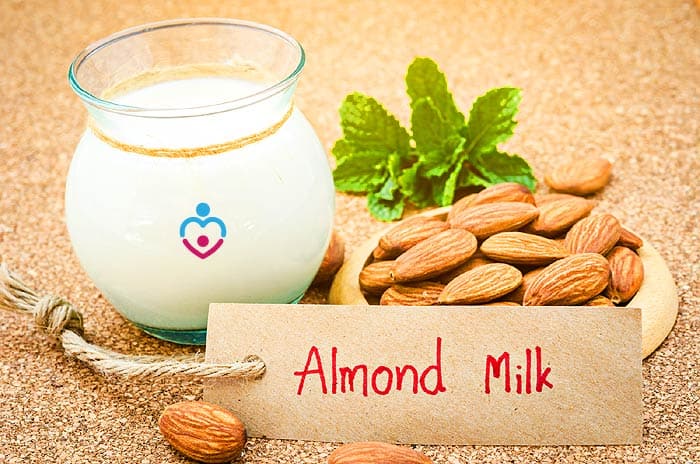
As for the almond milk, you should know that this is safe from 6 months, as soon as you start introducing solid foods to their diet.
You will have to avoid almond milk if your baby is allergic to it, but otherwise, it is safe.
Suggested Reading:
When can babies have cows milk in cereal?
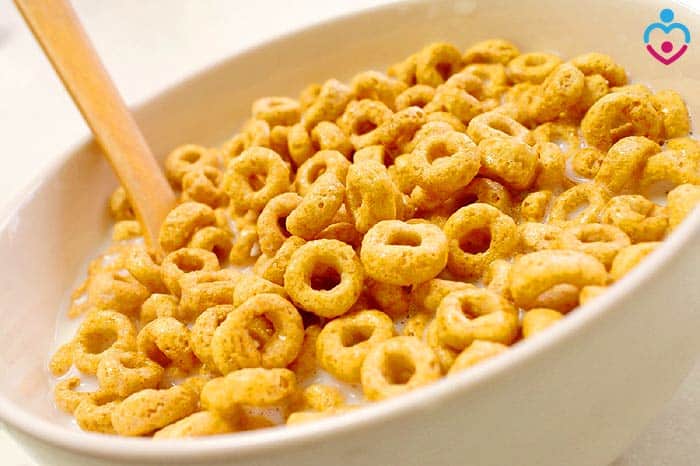
First of all, babies should be able to sit on their own and chew things properly before trying out any cereals, which are usually after 1 year mark.
As the baby reaches 9 to 12 months period, your baby can try small quantities of foods made with whole milk, including homemade cheese sauce, yogurt, cheese, scrambled eggs, or mashed potatoes with milk to see how they like it.
Cows milk for babies at 6 months should be avoided as baby's digestive system can't process the cow's milk protein.
Why is cow milk bad for babies?

Until the baby reaches his/her first birthday, the cow's milk should be avoided. It is mainly because the baby's digestive system can't process complex protein from cow's milk unlike baby formula. It also puts stress on their immature kidneys, which could cause fever or diarrhea.
When it comes to whole milk for babies, consider the following 3 crucial points:
A) Wait for 12 months
The main reason why you have to wait 12 months until you introduce your baby to whole milk is the fact that they can't process the minerals, salt, and protein in this milk before their first birthday.
- Before 12 months of age, stick to their regular formula or breastmilk and mix it with cereal or fruits and veggies if you want to make smoothies and purees.
- You can also start giving your baby soy milk, almond milk, coconut milk, and other vegetable milk once you begin the weaning process.
B) Start with a small quantity
When you first give your baby whole milk, start with a small quantity.
- Give them a cup of milk as a snack or right before they go to bed.
- Warm cow milk is usually having a calming effect on children, and they might sleep better.
- Before your child turns three years old, you should limit their cow milk intake at a maximum of 16 ounces a day.
- They can have other types of milk besides whole milk during a day, though.
- As long as you don't use whole milk to replace a meal but rather to complement one, you shouldn't worry.
C) Benefits of Whole Milk
If you wonder why should you give your baby whole milk, you should know that there are plenty of benefits.
- This type of milk is rich in protein, nutrients that strengthen the baby's bones as well as vitamin D and calcium.
- You have to make sure that your baby gets these nutrients from other foods as well, so don't rely on whole milk entirely.
Diversity is essential when it comes to a baby's diet.
While whole milk is essential as a source of nutrients, your baby needs to be ready to enjoy all its benefits. This is why it is crucial to not give them whole milk before their body is fully developed and can digest it the right way.
One year old is a great age to start introducing this type of milk and increase the quantity gradually until you reach around 16 ounces a day.
![]()
Key References
- "When Can Babies Start Drinking Cow's Milk? (for Parents) - Nemours KidsHealth". Accessed May 01, 2020. Link.




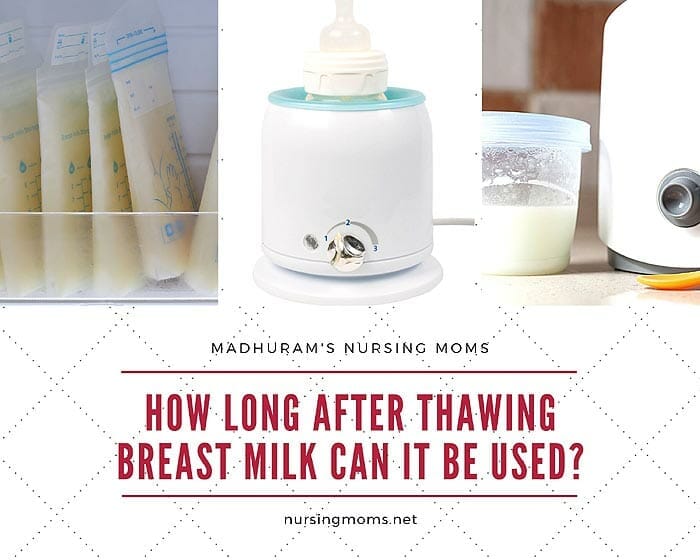
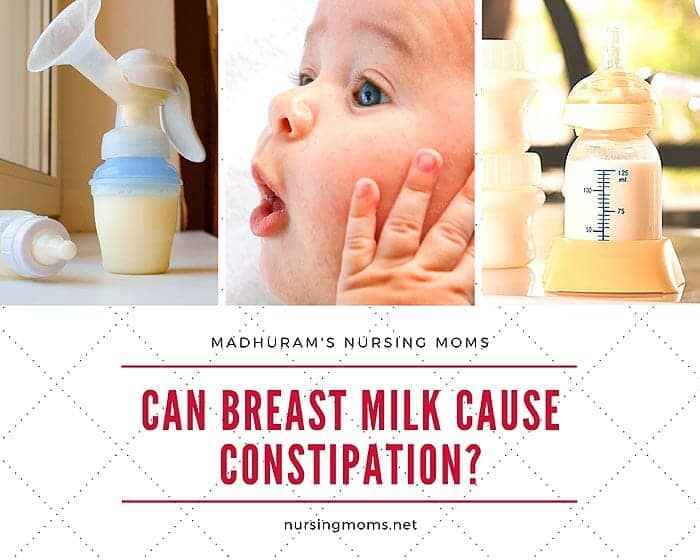

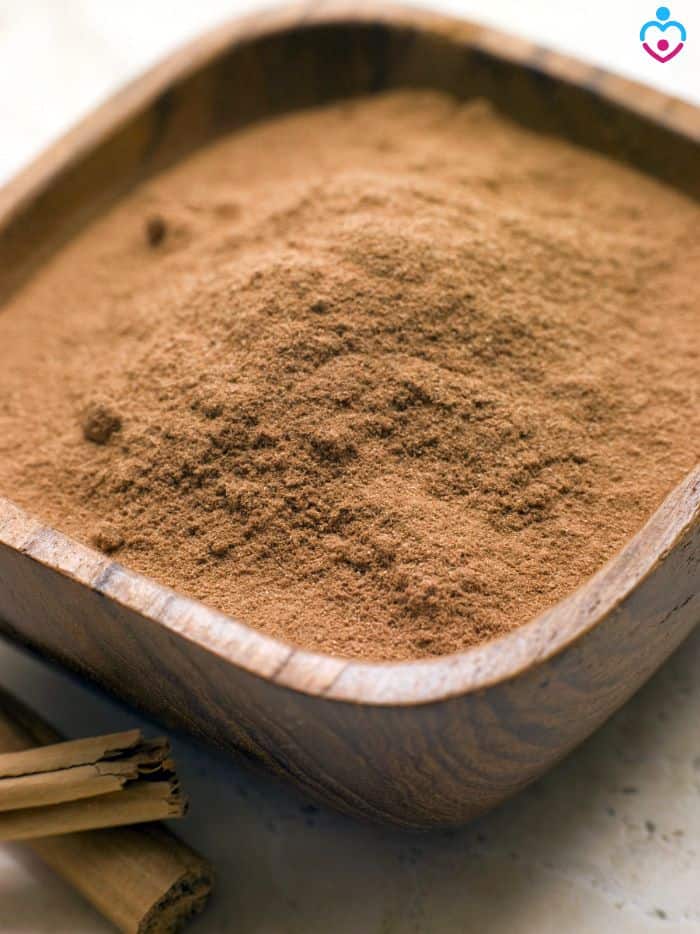
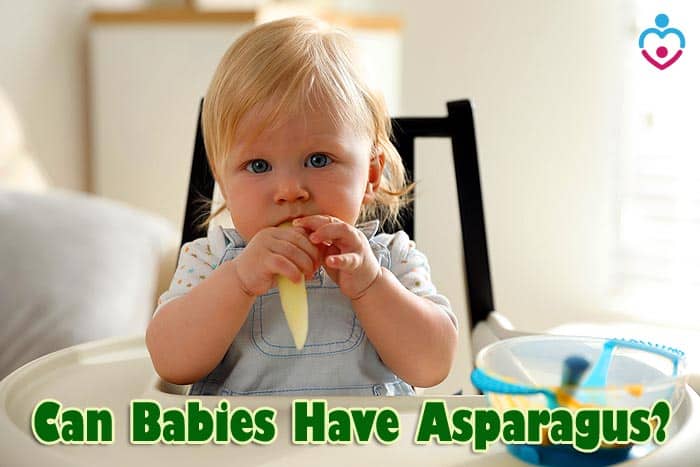

Leave a Reply